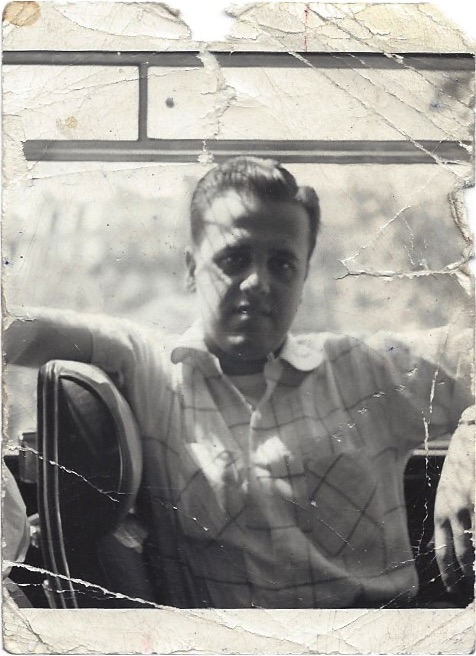The Harvey Effect
In the past few weeks I have read close to 90% of the articles about Harvey Weinstein—a man I have known and loathed for twenty-five years—starting with the New York Times piece about his decades of sexual harassment settlements, and Ronan Farrow’s bombshell article in the New Yorker with accounts of rape. Once those two hit, the proverbial floodgates opened with more and more women coming forward with accounts of harassment and assault. After having heard dozens of stories about Harvey’s cruelty and physical violence from traumatized former employees, both men and women, I always knew that he was a monster, but I did not know the extent of the sexual harassment that went on, nor did I know that he was a rapist.
Because of the deluge of testimonies by many prominent women, his reign of terror was put to an end as Harvey was forced out of his company, was booted out of the Academy, and France is moving to strip him of his Legion of Honor. His crimes are currently being investigated in New York, London, and Los Angeles. For those of you who are interested in reading more, David Hudson at Criterion’s The Daily provided a great roundup of the news and analysis, and has been adding updates since the piece posted last week. Two of the funniest responses—and at times we do need to laugh amidst the horror—were Alexandra Petri’s Harvey Weinstein and that ‘different time’ when hostile workplaces were totally okay, and Samantha B’s video riff. Brit Marling’s piece in The Atlantic on the economics of consent was also great. I encouraged my spouse James to return a call from the Hollywood Reporter, and Oprah Winfrey then cited James’s remarks in her Facebook post about Harvey. And of course, when asked for his opinion, Woody Allen, who would have been better advised to decline to comment, said that he was worried about a “witch hunt atmosphere.” In response, Lindy West penned a sizzling op-ed entitled Yes, this is a witch hunt. I’m a Witch and I’m hunting you. Lo and behold, it was then reported that Woody Allen’s new film, currently shooting in New York, features a sexual relationship between a 44-year-old man played by Jude Law and a 15-year-old ‘concubine’ (what does this even mean?) played by Elle Fanning.
The “Harvey Effect” has subsequently taken down prominent men such as Amazon Studios Head Roy Price, Nickelodeon showrunner Chris Savino, screenwriter James Toback (who has now been accused of sexual harassment by over 200 women), celebrity chef John Besh, fashion photographer Terry Richardson, the publisher of Artforum Magazine Knight Landesman, political journalist Mark Halperin, and writer and editor Leon Wieseltier. We can only hope that these dudes will continue to fall like dominoes.
As an antidote to that cavalcade of jerks, I wanted to share this profile of Greg Asbed, a 2017 MacArthur Fellow who has spent most of his professional life fighting horrific labor abuses. Asbed was asked, “What was your path to this work?” and his answer was inspiring. “I’m a first-generation Armenian-American,” he said. “My grandmother moved to Syria from Turkey, but not of her own volition. There was the Armenian genocide; she lost her whole family except for one sister. She managed to survive the genocide by being bought and sold twice by the age of 13 — once to the Kurds, then by the Kurds to an Armenian family, which was my grandfather’s family. I have always felt a certain responsibility, as a bearer of DNA that was forged in the crucible of genocide, to the idea of universal human rights.”
As we say in Armenian, Abrees!
Nancy Kricorian
October 26, 2017

